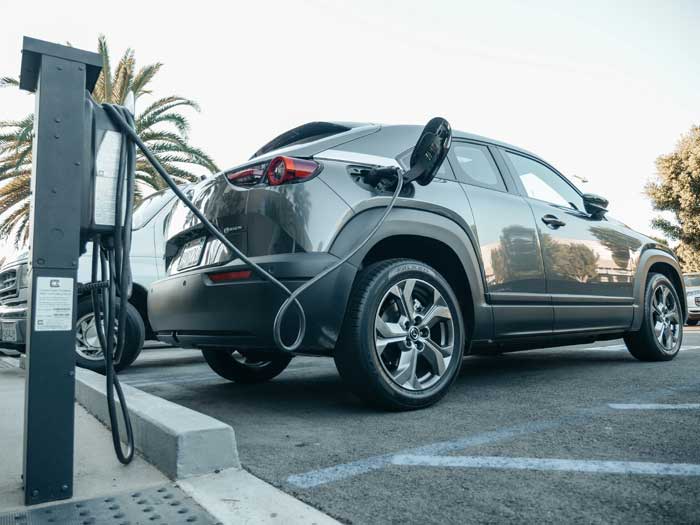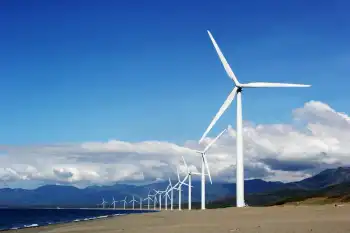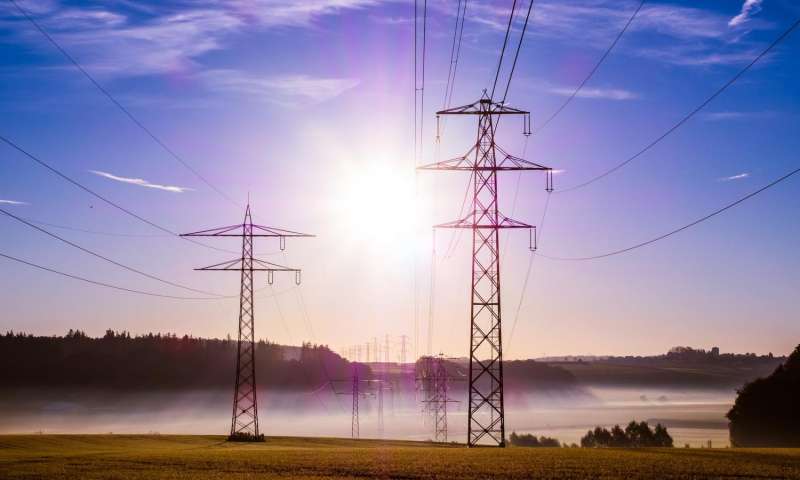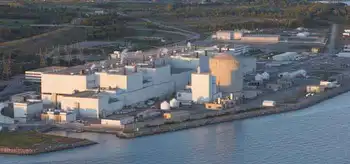SaskPower and Saskatoon Police join to tackle copper theft
“SaskPower continues to see cases of copper theft from our substations and other facilities,” said Sean McKim, Director of Enterprise Security at SaskPower. “Thieves are placing themselves and SaskPower employees at serious risk. It’s simply inexcusable and must be stopped,” said McKim, noting the problem has worsened in recent years.
“Criminals mistakenly believe that copper theft is an easy source of revenue without realizing they’re putting their lives at risk,” said Sgt. Jason Pfeil of the Saskatoon Police Service General Investigations unit. “We’re pleased to work with SaskPower in tackling the issue and creating awareness.”
McKim says that SaskPower customers have faced power outages as a result of copper theft in several instances, which can endanger the general public at times of extreme heat or cold. Further, the burning of copper can create dangerous levels of heavy metals in the air that are harmful to the environment.
SaskPower is working to replace existing copper parts in its electrical equipment with alternatives, when and where possible. Increased monitoring and a stronger security presence is also underway on SaskPower sites that are at risk.
Pfeil noted that copper theft is often linked to other criminal activity, such as the drug trade. Thieves often trade metal for cash at salvage yards, making the activity difficult to trace. Prices for copper have increased in the last several years resulting in a greater demand for the metal.
Related News

Should California Fund Biofuels or Electric Vehicles?
CALIFORNIA - California is at the forefront of the transition to a greener economy, driven by its ambitious goals to reduce greenhouse gas emissions and combat climate change. As part of its strategy, the state is grappling with the question of whether it should subsidize out-of-state biofuels or in-state electric vehicles (EVs) to meet these goals. Both options come with their own sets of benefits and challenges, and the decision carries significant implications for the state’s environmental, economic, and energy landscapes.
The Case for Biofuels
Biofuels have long been promoted as a cleaner alternative to traditional fossil fuels like gasoline…





